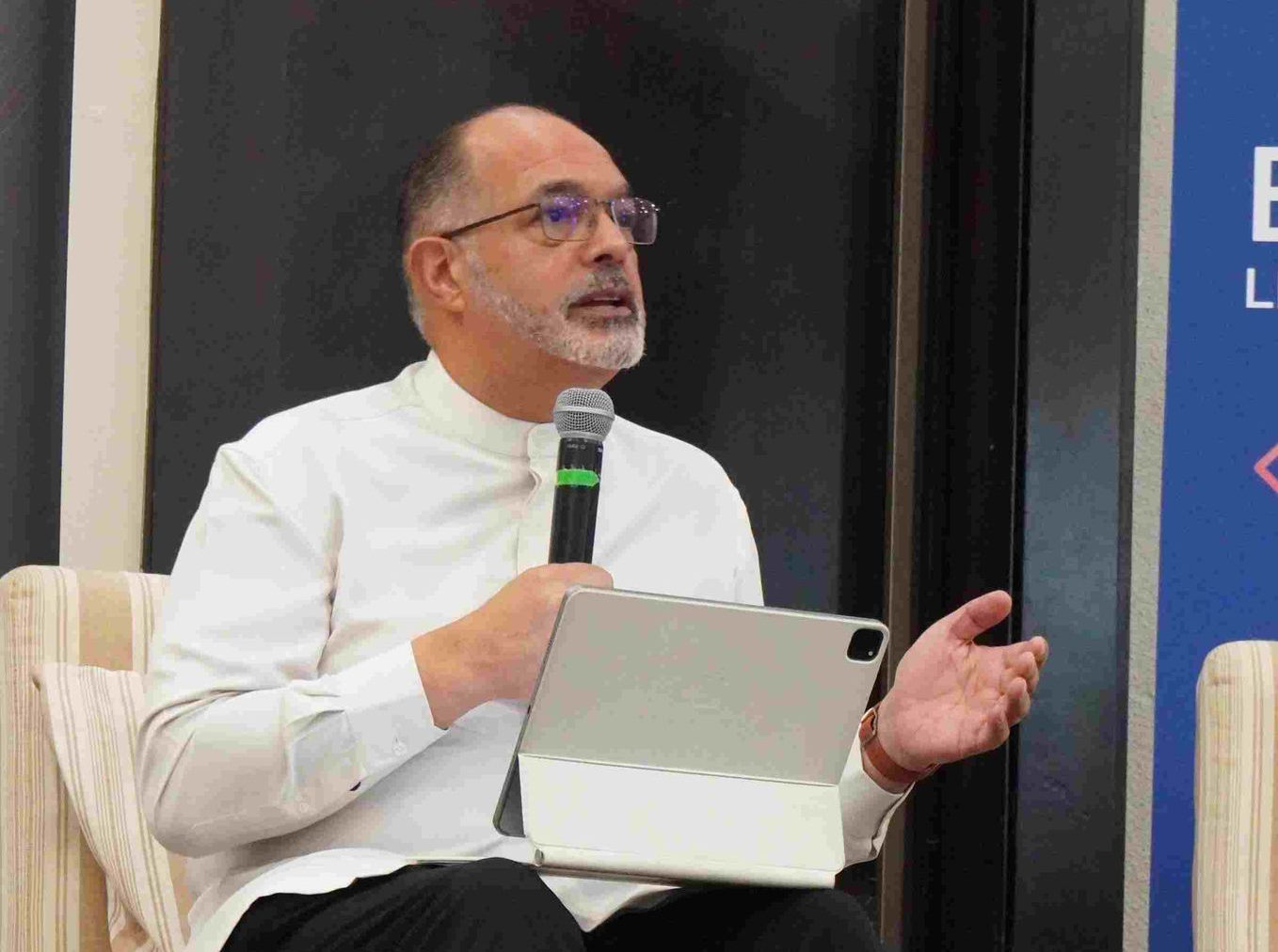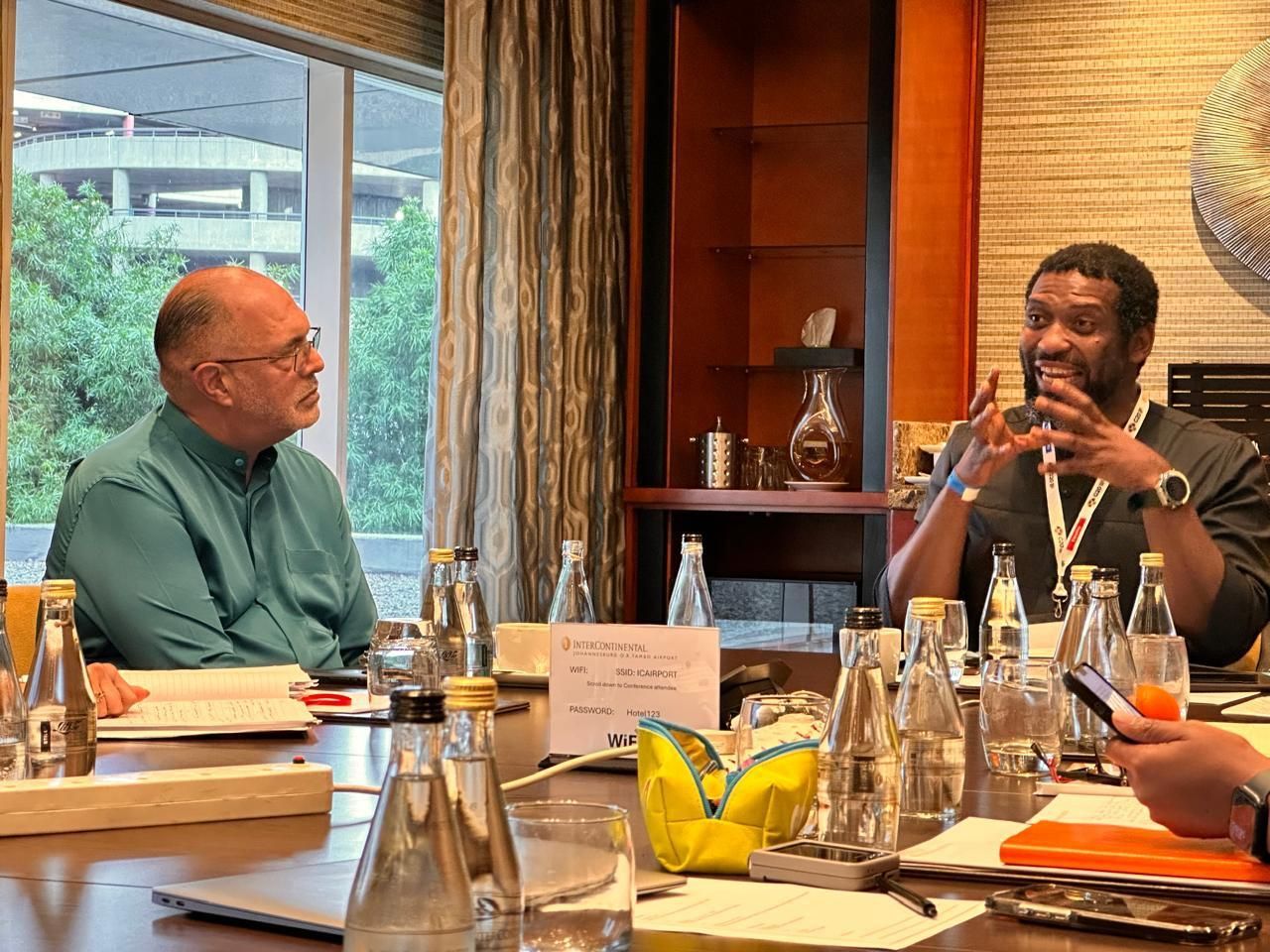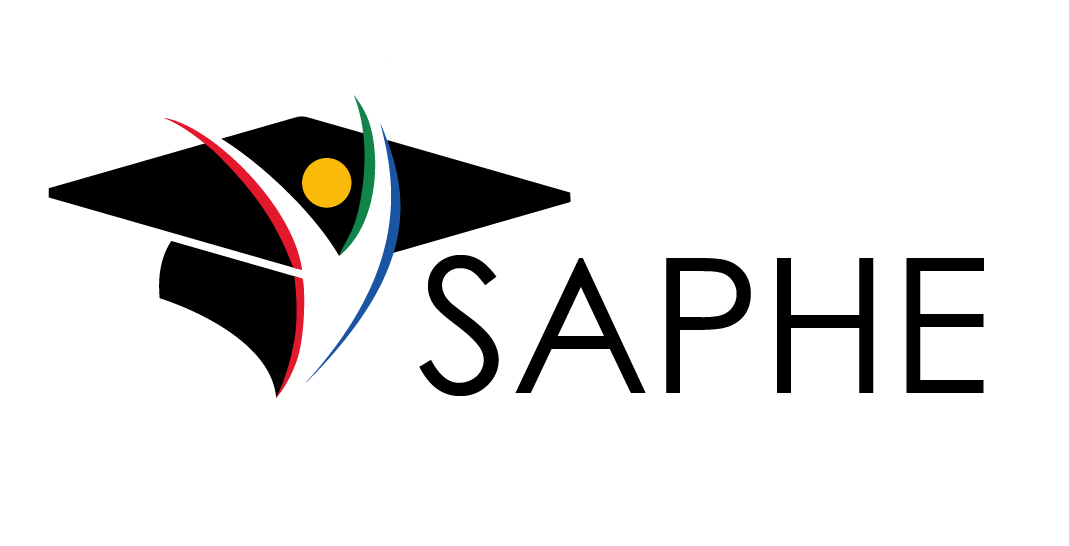SAQA and SAPHE: A strong partnership for a thriving higher education sector
SAPHE members had the opportunity to engage with Dr Makhapa Makhafola, SAQA Chief Operating Officer, at its recent member meeting in May. In her welcoming remarks, Dr Carin Stoltz-Urban, Chairperson of SAPHE, highlighted the association’s commitment to fostering positive relationships with the regulators, aiming to create one diverse but united higher education system. The session underscored the value and importance of the partnership between the South African Qualifications Authority and SAPHE.
Dr Makhafola echoed these sentiments, emphasising the shared vision of a fully integrated higher education system where public and private institutions collaborate effectively.
As a passionate advocate for the recognition of prior learning (RPL), Dr Makhafola praised private HEIs for their flexibility and efforts to champion RPL. He acknowledged their role in broadening access and making HE more inclusive.
Looking ahead, Dr Makhafola announced a forthcoming comprehensive review of the National Qualifications Framework (NQF), spearheaded by SAQA. SAPHE will be involved in this crucial process, ensuring the voices and needs of the private HE sector are heard.
Dr Makhafola covered several key issues during the discussion, such as the impending expiration of legacy qualifications, upcoming SAQA stakeholder workshops in the latter half of the year, and the importance of collaboration with SAPHE in combating bogus qualifications and exploring research opportunities.
Thanking Dr Makhafola for the valuable exchange, Dr Stoltz-Urban reiterated SAPHE's commitment to ongoing collaboration with SAQA.



